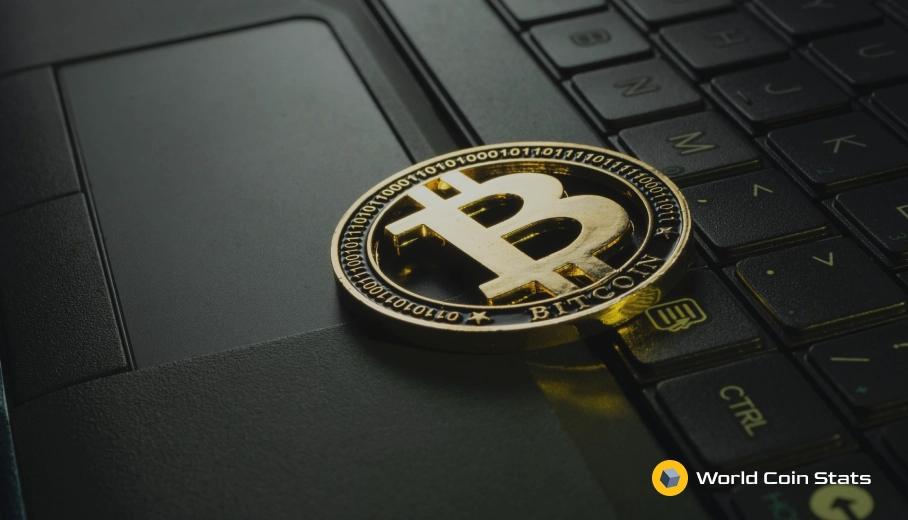DeFi Insurance
Did you know it’s possible to insure your DeFi assets?
As the saying goes, you can insure anything. And DeFi is no different – there are companies offering insurance on all aspects of DeFi. From smart contracts to wallets, you can find insurance policies for it.
This might sound crazy. Cryptocurrency is supposed to be safe, right?
Yes, cryptocurrency is safe. However, there have been bugs, hacks, instances of human error, and loopholes that have resulted in billions of losses in the DeFi space. The largest and most infamous loss came from the hack of the DAO.
The basics of the DAO hack were that a hacker discovered a loophole in the programming of the smart contract that allowed them to withdraw unlimited funds. It was essentially the same as withdrawing funds from an ATM without lowering your bank balance.
Needless to say millions of Ether were stolen with a value in the hundreds of millions (now worth $1.5 billion USD).
And that’s just the largest, most infamous instance of a hacker exploiting a smart contract.
Anyway, this article will cover everything you need to know about insurance in the DeFi ecosystem. We will even offer our perspective on whether DeFi insurance is, in fact, a good deal.
Types of DeFi Insurance
As mentioned previously, just about everything can be insured. However, DeFi is still relatively new, so the full suite of insurance products has not yet reached DeFi.
The flexibility of smart contracts leads many to believe that smart contracts and DeFi will eventually eclipse the standard insurance industry. It just has not happened, yet.
Exchange Insurance
Cryptocurrency exchange insurance will be one of the more popular types of insurance. There have simply been too many hacks of popular exchanges since the launch of cryptocurrency exchanges.
Of course, we recommend storing cryptocurrency off of the exchange, but this is not always possible.
Anyway, exchange insurance is offered in the form of insurance swaps that are tradeable. These swaps offer more flexibility than simply insuring assets on a cryptocurrency exchange, though. These swaps can be used for a variety of different uses that include general trading and even profiting from the hack of a cryptocurrency exchange.
It’s insurance, but it’s also its own market because all contracts are tradeable.
Smart Contract Insurance
There are companies offering insurance on smart contracts. This type of insurance works by depositing Ether into a risk sharing pool. A token is then issued that can be used to cover any smart contract on the Ethereum platform.
Again, these tokens are tradeable, so an entire derivative market has opened up because of these policies.
Custom Insurance
Finally, there is one company offering custom insurance plans. However, it’s DeFi, which allows anyone to create an insurance policy on any event.
These insurance policies all operate on smart contracts, so it’s automated and generally viewed as secure. Some policies include insurance on natural disasters and flight cancellations.
What companies offer DeFi insurance?

There are only a handful of companies that offer DeFi insurance. Remember, it’s a new industry, so the options are limited in the beginning.
We do expect more companies to begin offering DeFi insurance in the future as the success of early companies becomes more apparent.
Anyway, here are some companies offering DeFi insurance.
CDx
CDx offers insurance swaps that are tradeable tokens. This allows investors to protect any cryptocurrency that they have on an exchange, which is something we do not recommend. But it’s sometimes unavoidable.
These insurance swaps can be traded, short sold, and any other option available to a token.
Nexus Mutual
Nexus Mutual is the most well-known option for DeFi. This company offers insurance on smart contracts, which is extremely useful as DeFi operates on smart contracts.
Nexus Mutual works by allowing you to deposit Ether into a shared pool. After your deposit, you are issued a token NXM. This token can then be used to insure a smart contract in the event of a hack or code exploitation.
This is especially useful if you have cryptocurrency on Uniswap, Dharma, or Compound. There have not been any instances of smart contract hacks, but it is always a possibility when dealing with smart contracts.
Etherisc
Etherisc is an option for insuring events that occur off of the blockchain. More importantly, Etherisc allows users to write their own insurance for any off blockchain events.
Products offered by Etherisc include
Is DeFi insurance a good deal?
This depends on what you want to insure, the amount you want to insure, and the price you pay for the insurance.
Generally, insurance is not a good deal. You are more often than not better off diversifying your holdings than paying for insurance.
Why?
The money you put towards insurance will eventually become greater than the amount you want to insure. At this point, the insurance becomes pointless.
Plus, DeFi has a fairly safe track record outside of some major Black Swan events.
With all that in mind, we recommend comparing your insurance premium against the cost of the asset you are insuring.
Conclusion
DeFi insurance will be one of the next major things in cryptocurrency. There have simply been too many issues with smart contracts and cryptocurrency exchanges for some sort of insurance not to become popular.
This makes sense because the goal of DeFi is to eventually replace the centralized system. And insurance plays a major role in the centralized financial system.
You certainly want to keep your eyes on the burgeoning DeFi insurance ecosystem.




